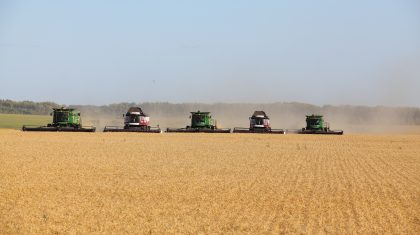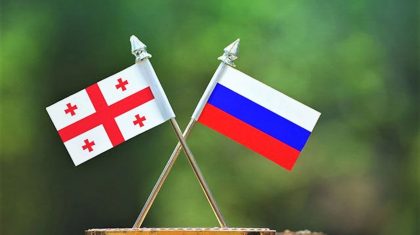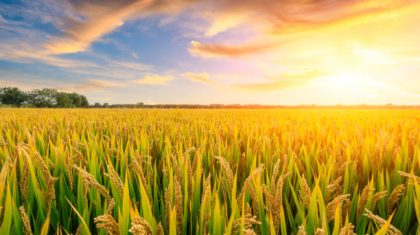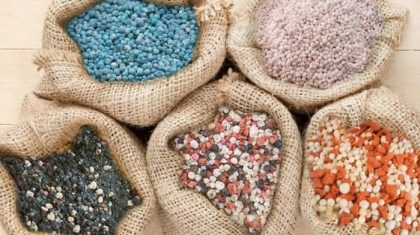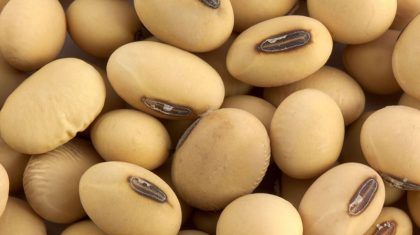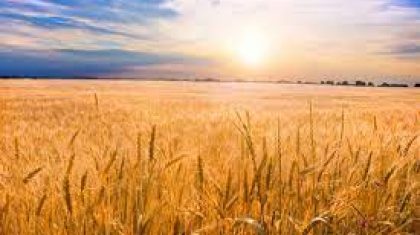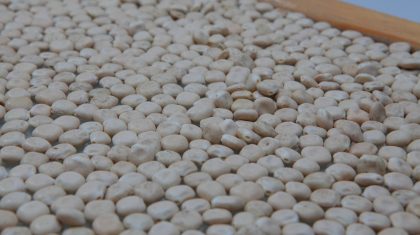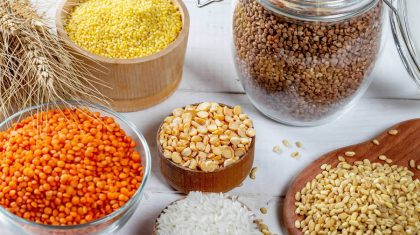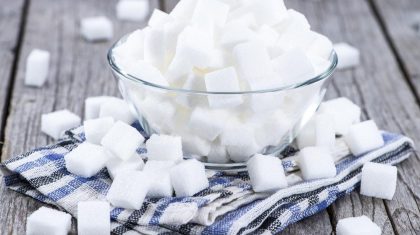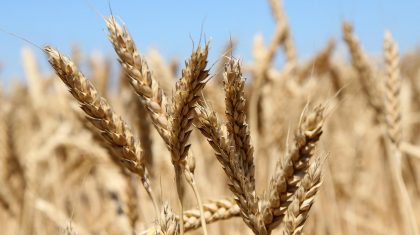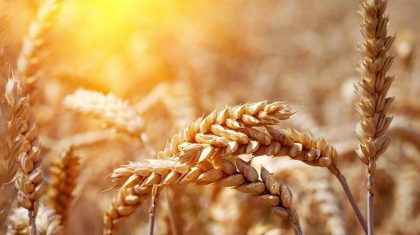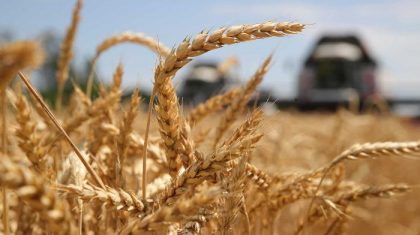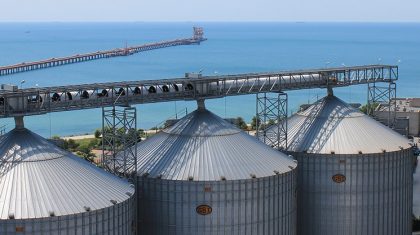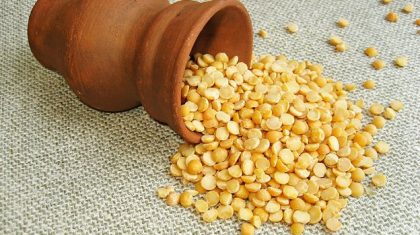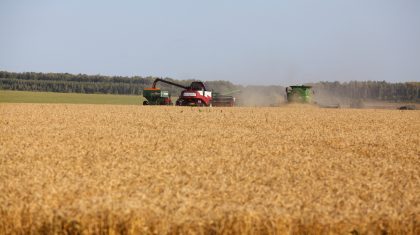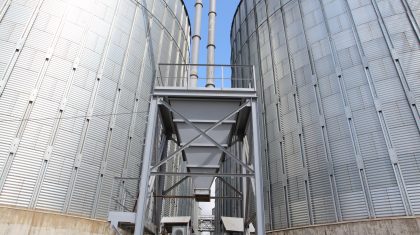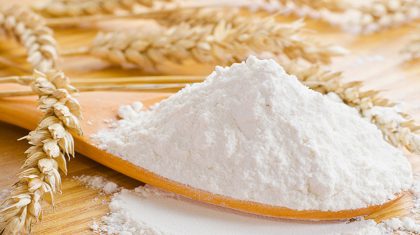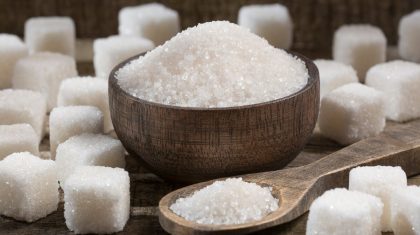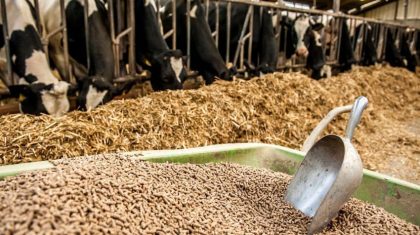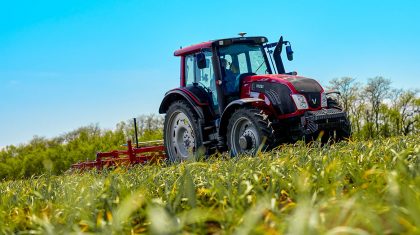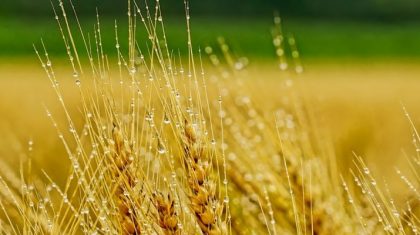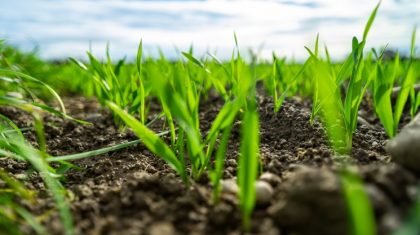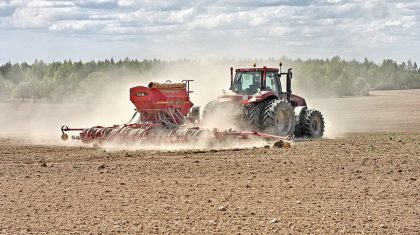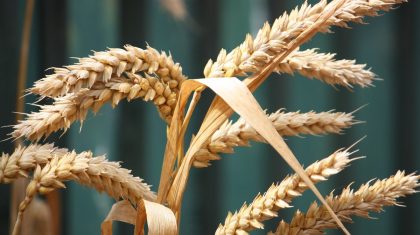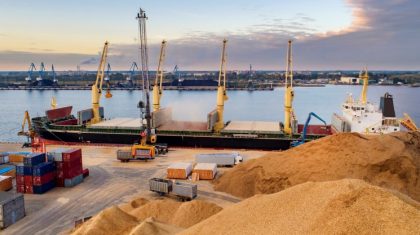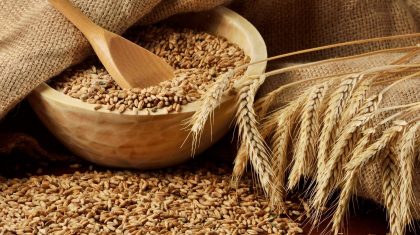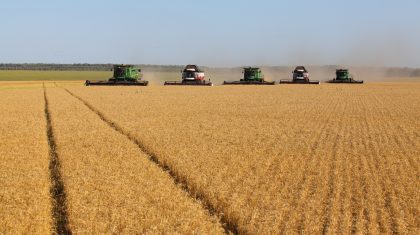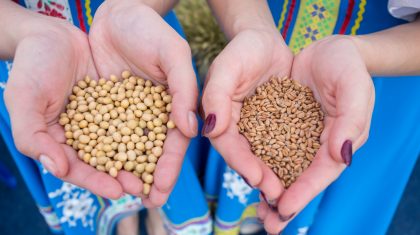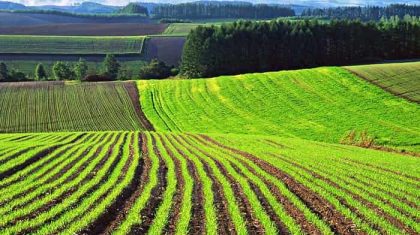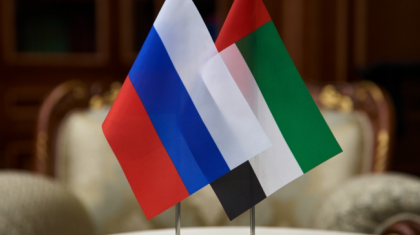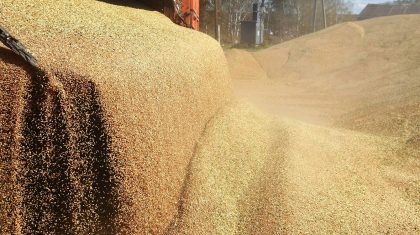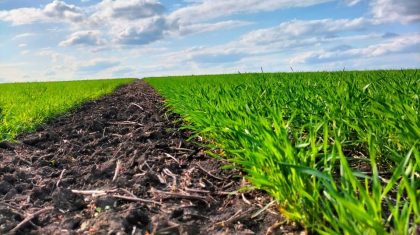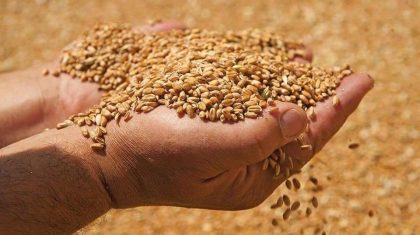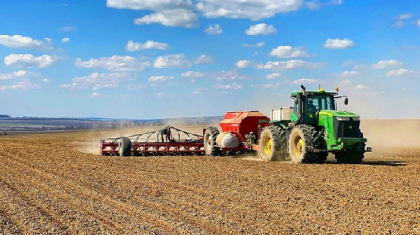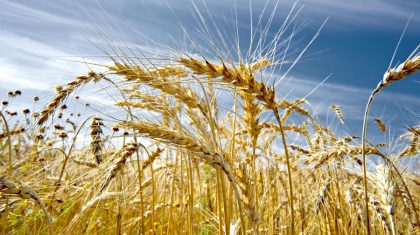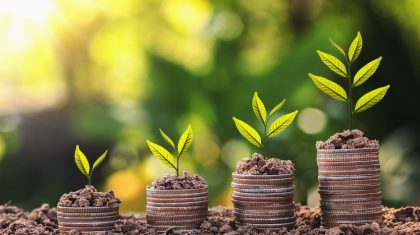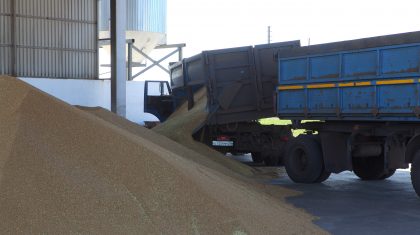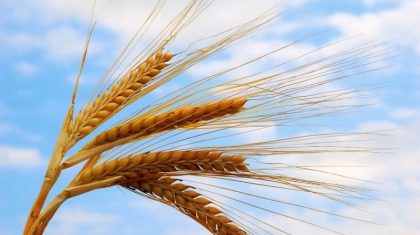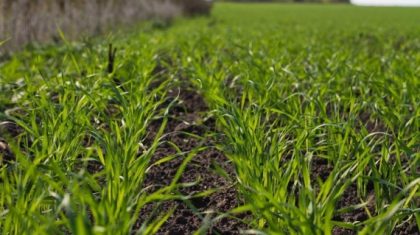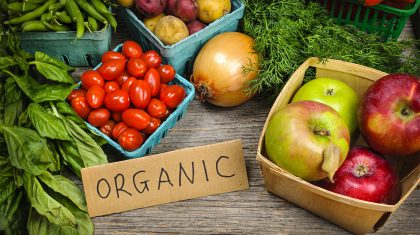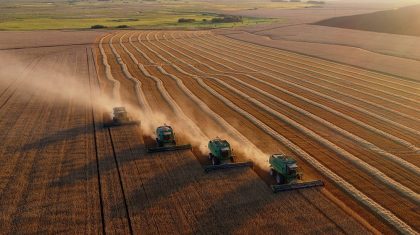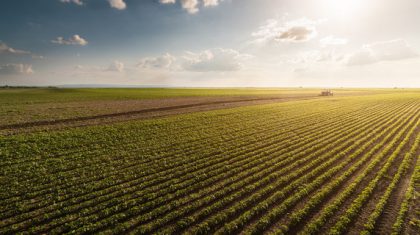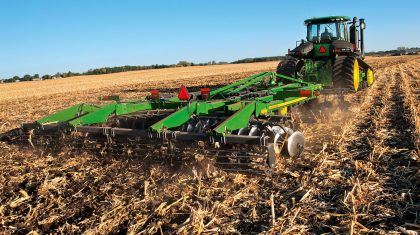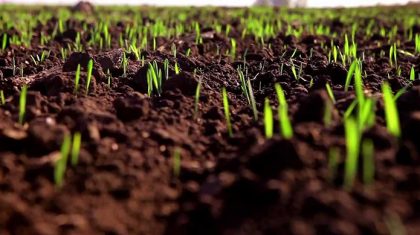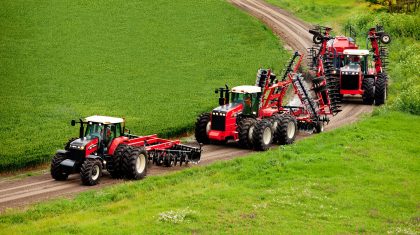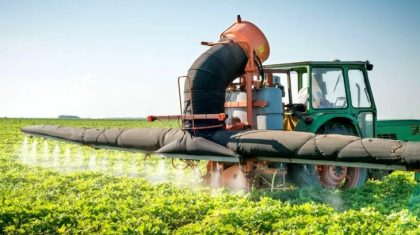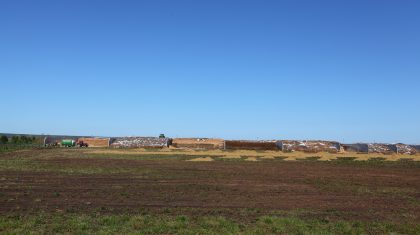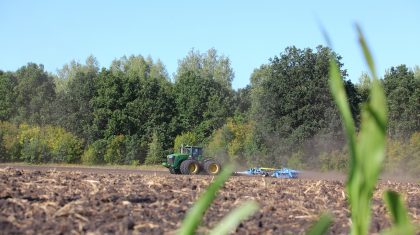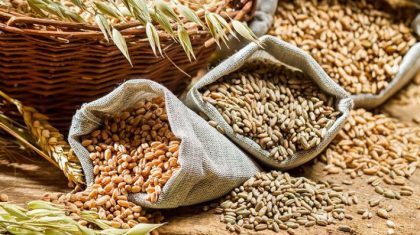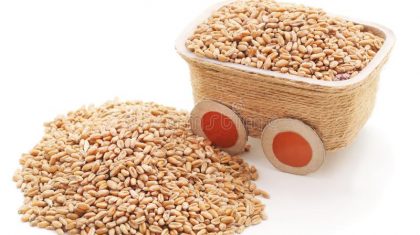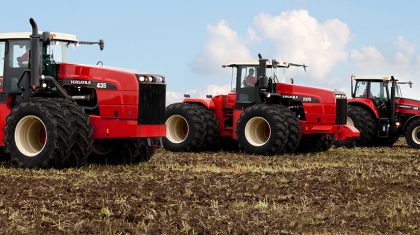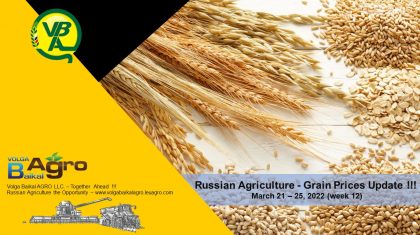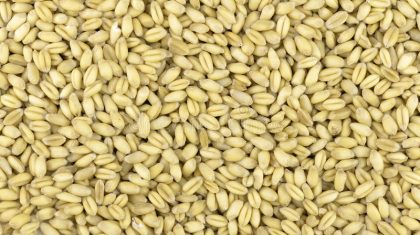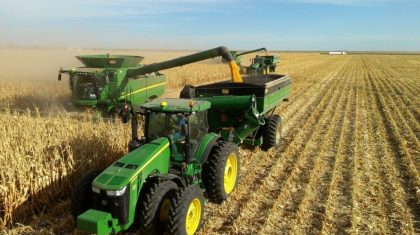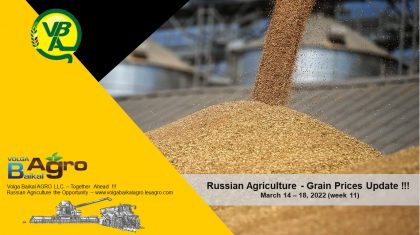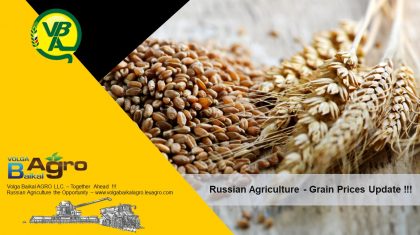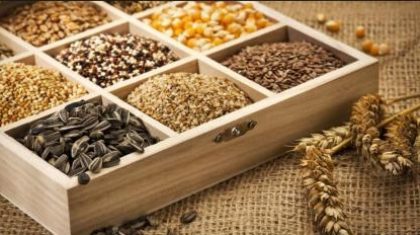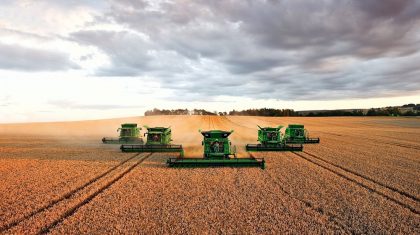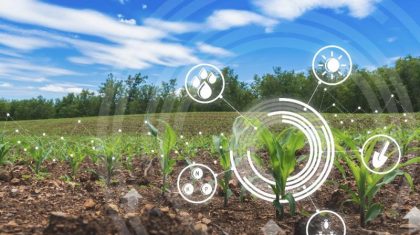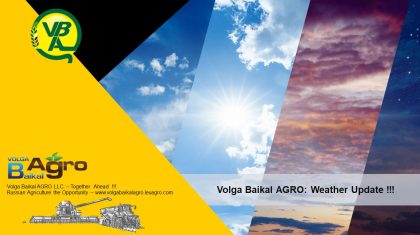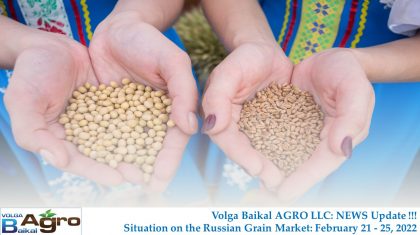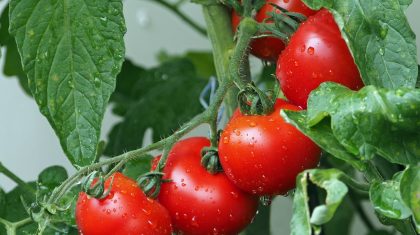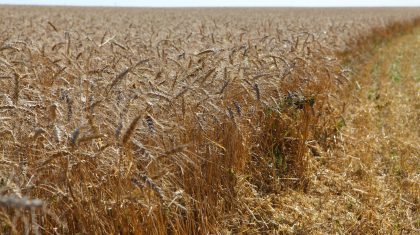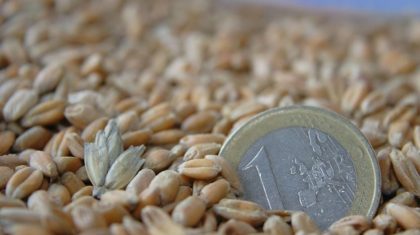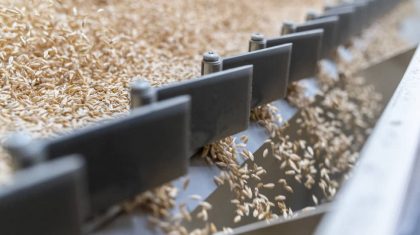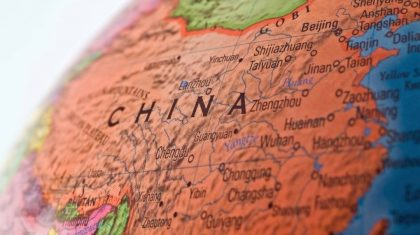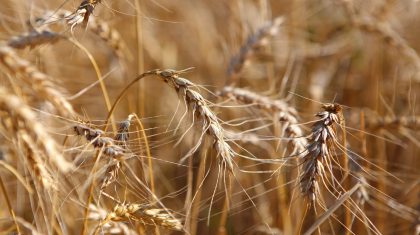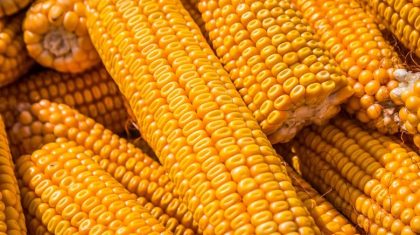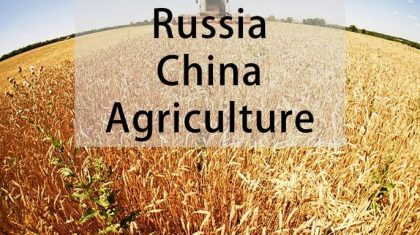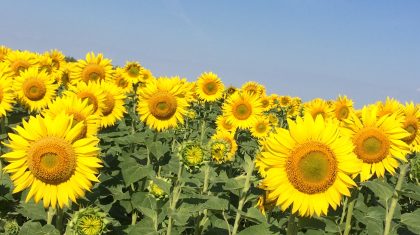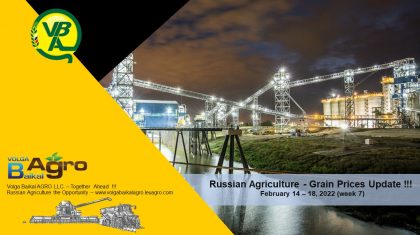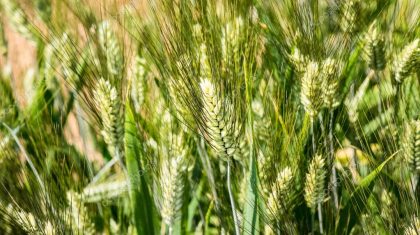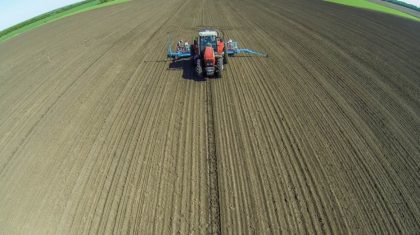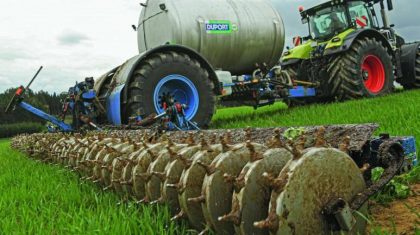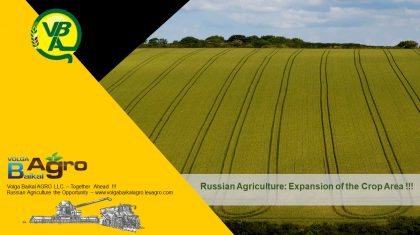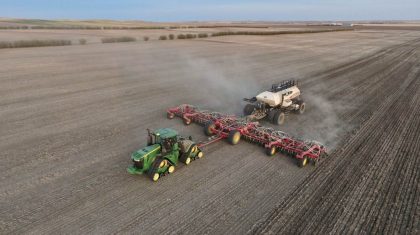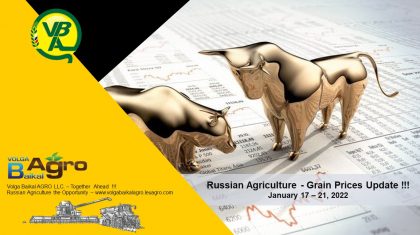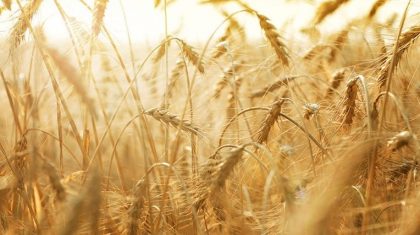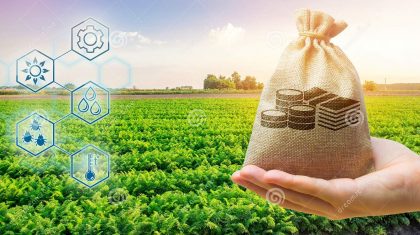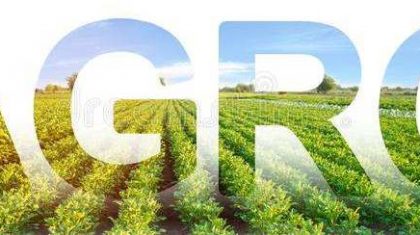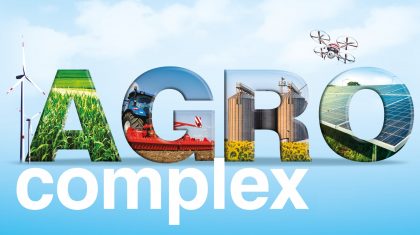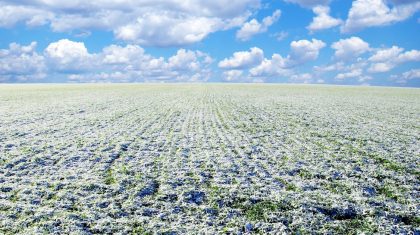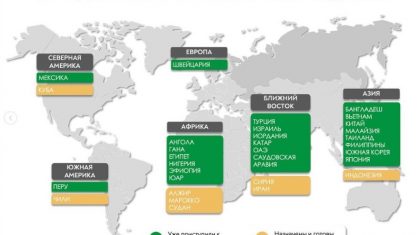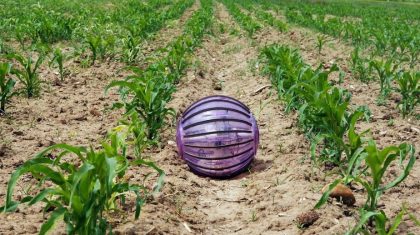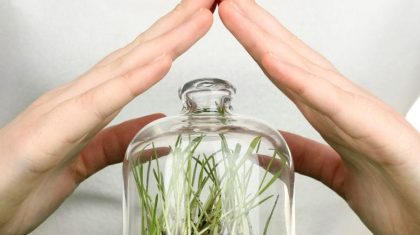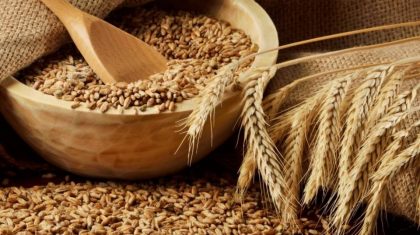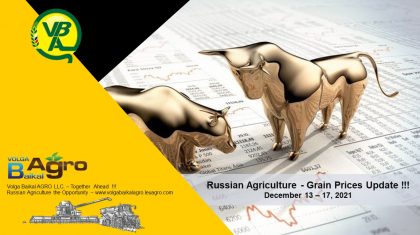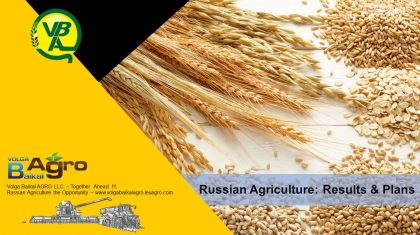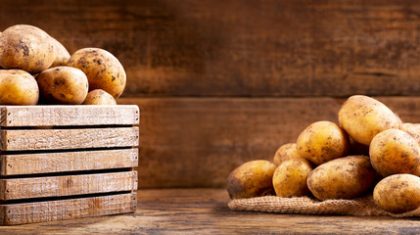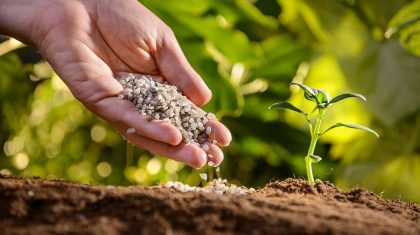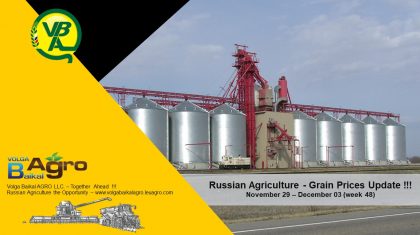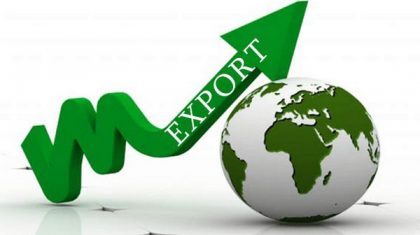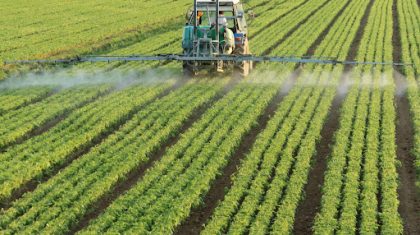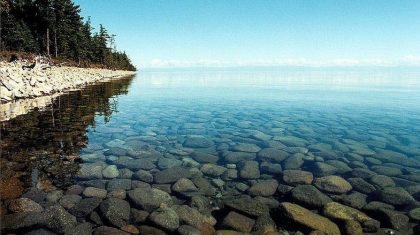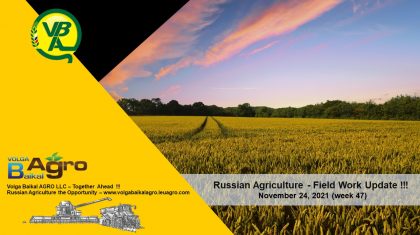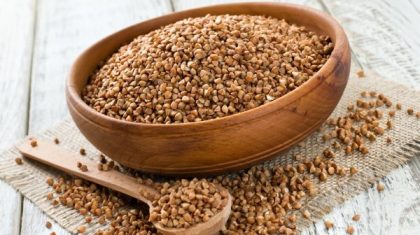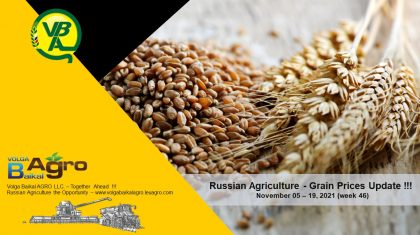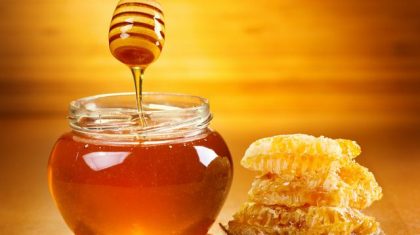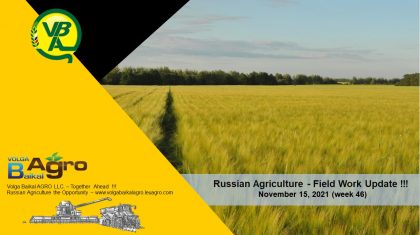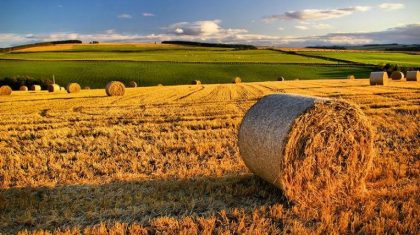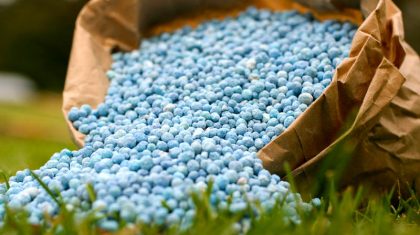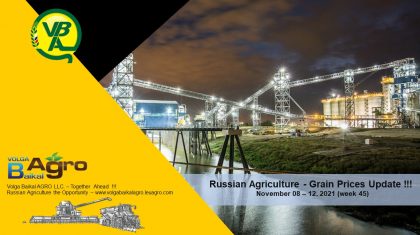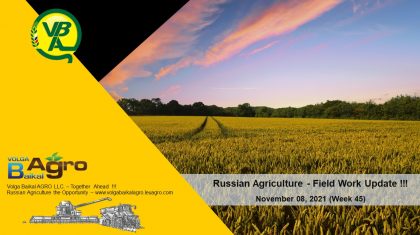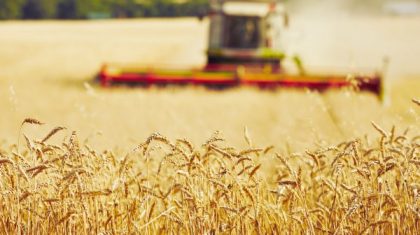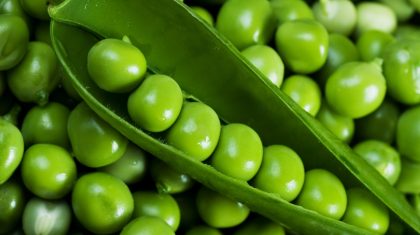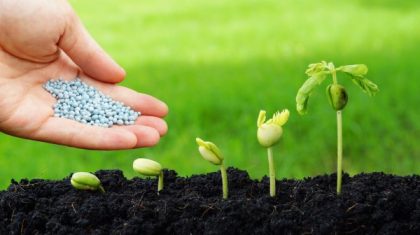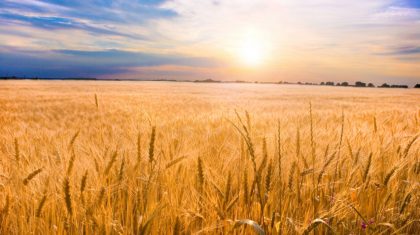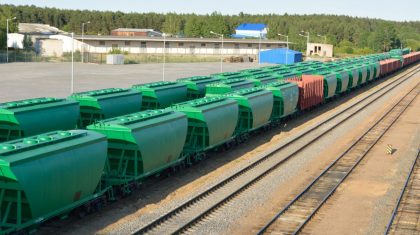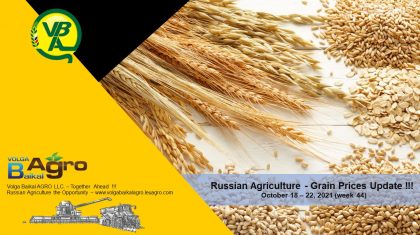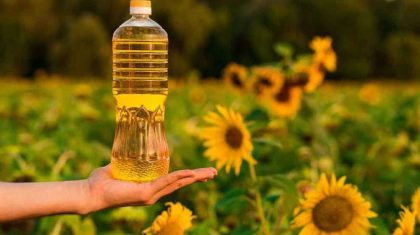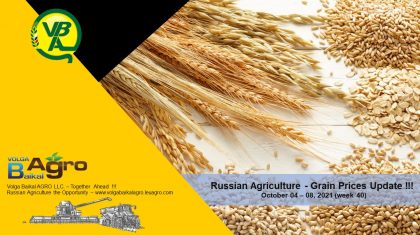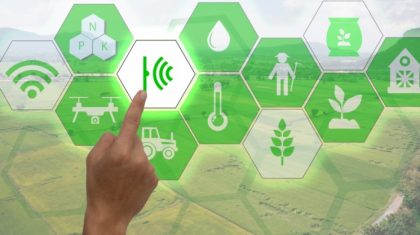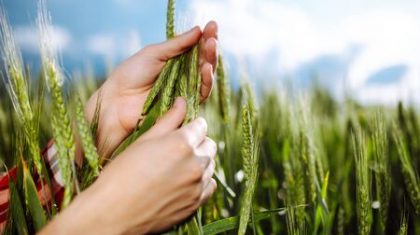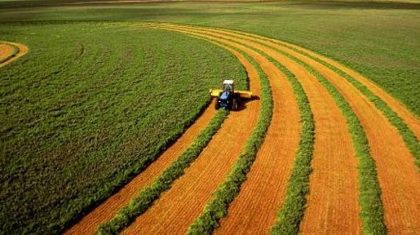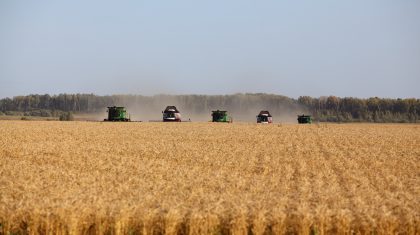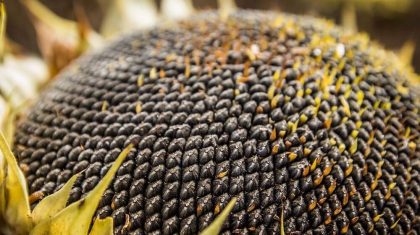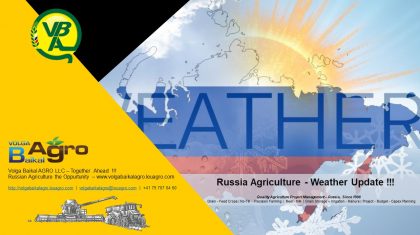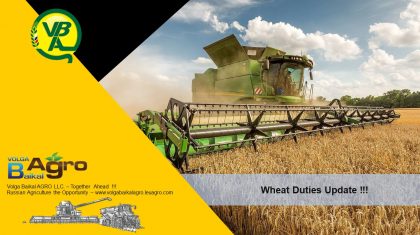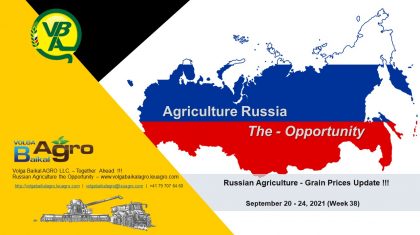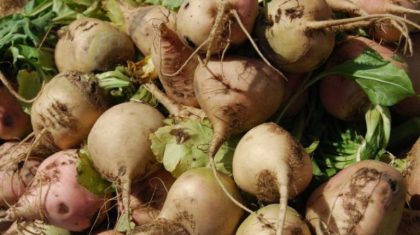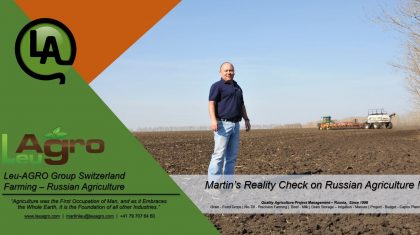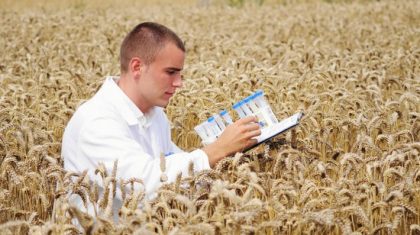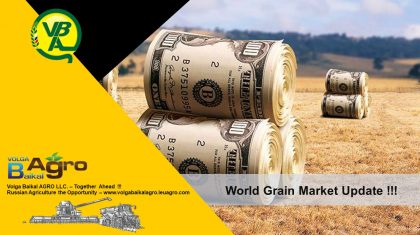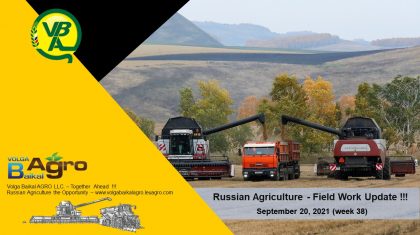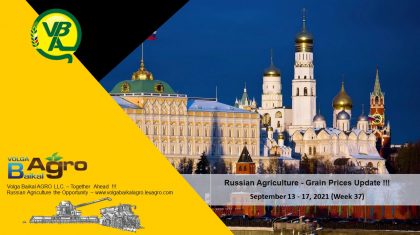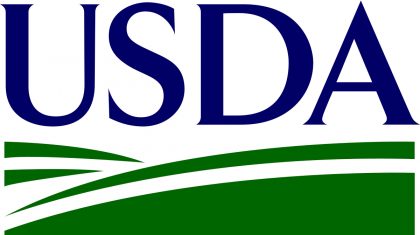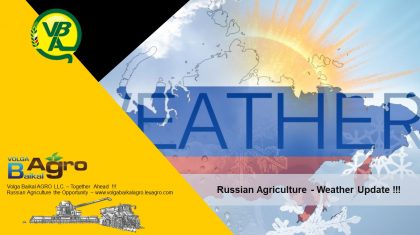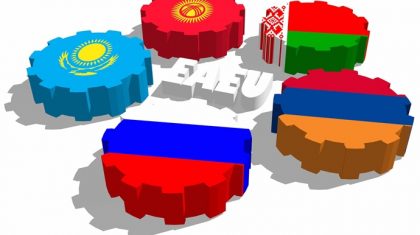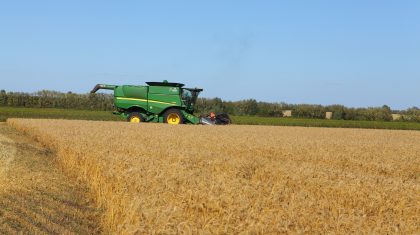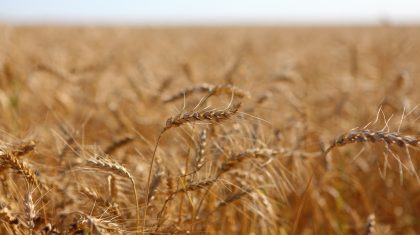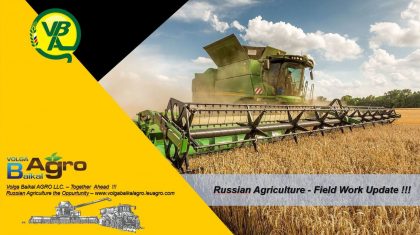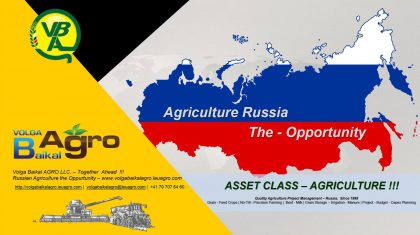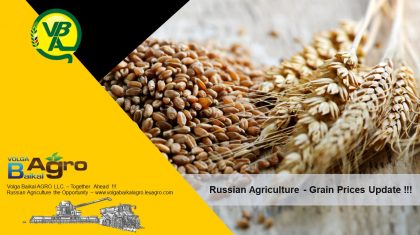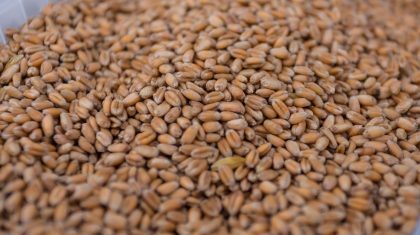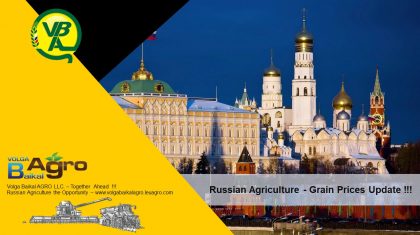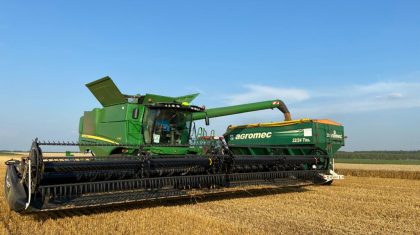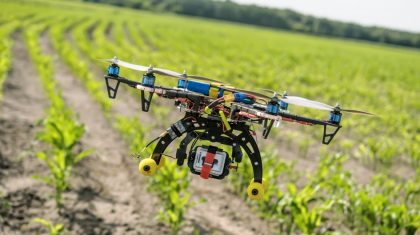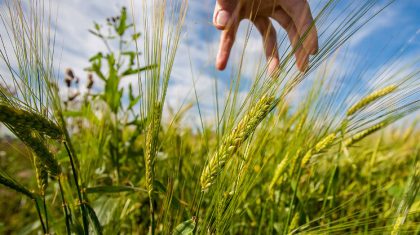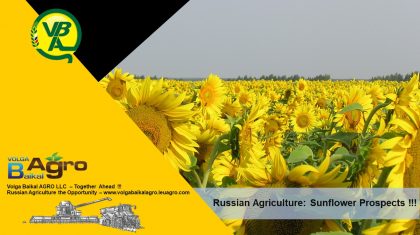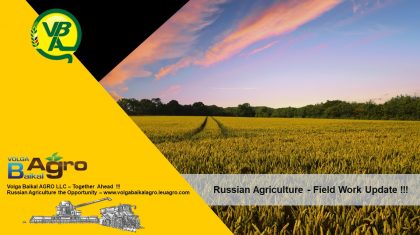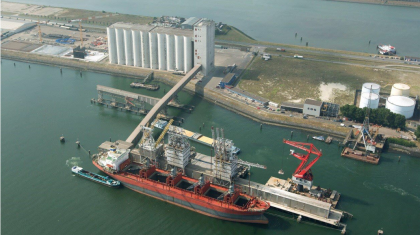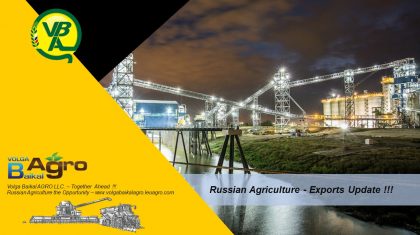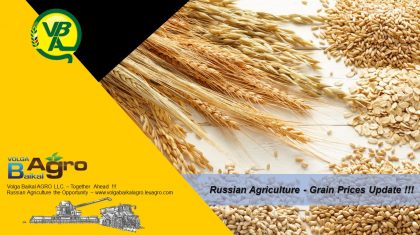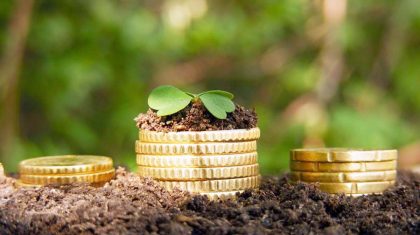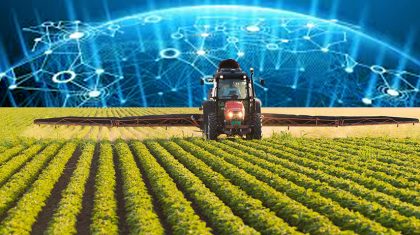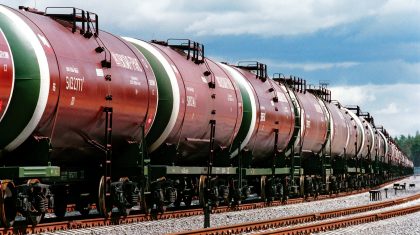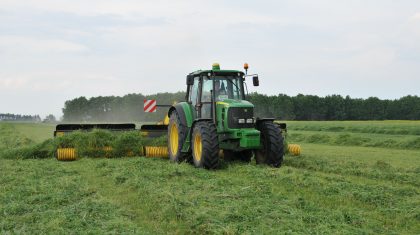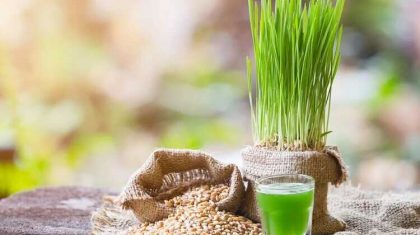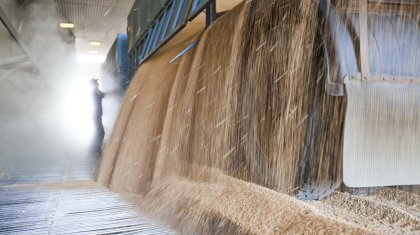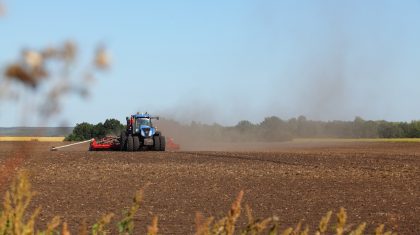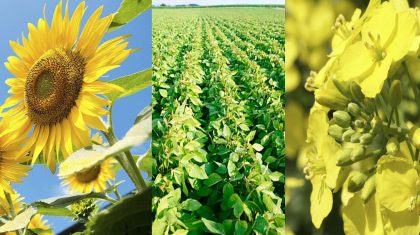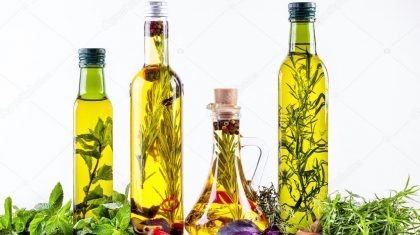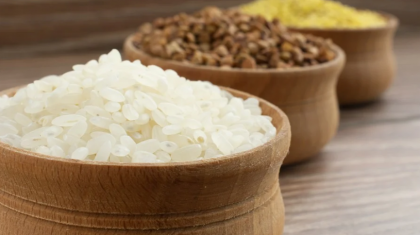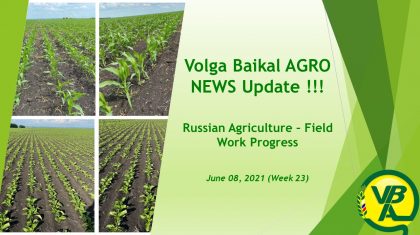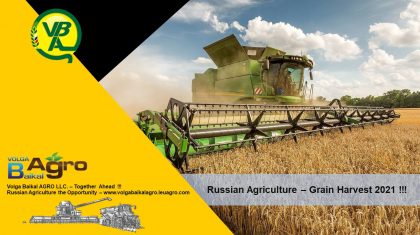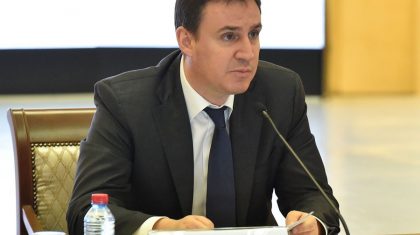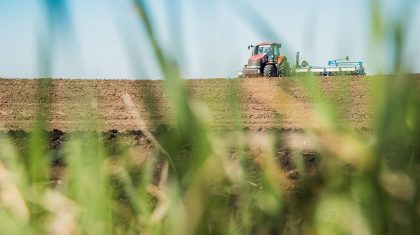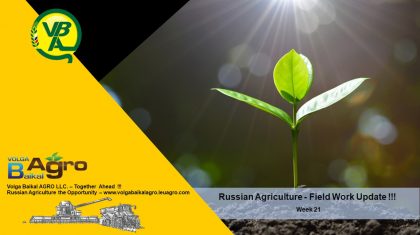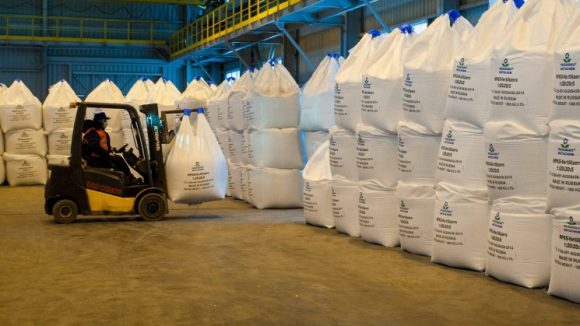
Tax increase may make mineral fertilizers less affordable for farmers.
At the same time, the agricultural sector has a task to double the use of fertilizers by 2024.
The Ministry of Finance expects to receive an additional 56 billion rubles a year from the increase in the severance tax for metallurgists and fertilizer producers.
The initiative of the Ministry of Finance to increase the tax on the extraction of natural resources (MET) from next year may increase the costs of producers of mineral fertilizers by 6 billion rubles. Last year, companies in the industry paid a total of 2.4 billion rubles. MET, told ” Agroinvestor»Market participants.
On the eve of Kommersant, citing its sources, said that the Ministry of Finance proposes, starting January 1, 2021, to apply a “rental coefficient” of 3.5 to the mineral extraction tax rate on potash salts (now 3.8% of the sale price) and apatite-nepheline, apatite and phosphorite ores (4%), natural salts and pure sodium chloride, nepheline, bauxite, as well as non-metallic mining raw materials, conditioned non-ferrous metal ores (excluding nepheline and bauxite, current rate – 6%) and iron ore (4.8% ). The department expects to receive an additional 56 billion rubles from the budget. per year from increasing the severance tax for metallurgists and fertilizer producers, said the head of the ministry Anton Siluanov.
A source in the mineral fertilizers industry says that the news of a possible increase in MET came as a complete surprise, especially against the background of the need to double the use of fertilizers by 2024, which the Ministry of Agriculturespeaks from the very beginning of the year. “It is not clear how the Ministry of Finance’s increase in the fertilizer tax will help fulfill this task,” he complains. “You need to understand that an increase in the cost of extracting one of the components of fertilizers – for example, potassium or phosphorus – means an increase in its cost for processors – and this is almost all companies in the market”. At the same time, shifting the cost of raw materials to the end consumer in agriculture in the current conditions is impossible for objective reasons, he emphasizes.
“The growth driver of the agro-industrial complex is crop production. Until now, our exporters of agricultural products have relatively successfully competed in price on world markets, including because the producers of mineral fertilizers did not shift their growing production costs onto the farmers, – draws attention to the interlocutor of Agroinvestor. – The tax increase creates a new problem. We invest in production from net profit, and an unreasonable increase in the cost of raw materials automatically means a decrease in capital investments in the development of the ore resource base. ” This will affect the availability of mineral fertilizers, which means the volume of crops and the competitiveness of Russian food exports, he warns. In addition, the introduction of an additional tax will lead to that Russian mineral fertilizers in the current economic conditions will become uncompetitive in the world market. Because of this, the implementation will endanger the federal project “International cooperation and export” in the supply of industrial and agricultural products.
Earlier, the efforts of the state and farmers were aimed at concluding long-term agreements so that fertilizer prices would not rise sharply. And the initiative to increase the tax on the extraction of fertilizers runs counter to these agreements, says the chairman of the farm “Razdolye Agro” Alexei Ivanov. “Now for our farmers the use of fertilizers is the most understandable way to increase yields. Whenever possible, we replace mineral fertilizers with organic ones, but it is impossible to completely abandon mineral fertilizers, ”adds Alexander Nezhenets, General Director of the Progress agricultural firm (Krasnodar Territory).
According to the Russian Association of Fertilizer Producers (RAPU), from 2016 to 2019, the production of mineral fertilizers increased by 15%, from 20.8 million tons in active ingredient to 23.6 million tons of oil products, purchases of farmers – by 20%, from 2.95 million tons of active ingredient to 3.53 million tons of oil According to the Ministry of Agriculture, from January 1 to September 14, agrarians purchased 3.15 million tons of oil products. mineral fertilizers, which is 11% or 310 thousand tons more than in the same period of 2019. At the end of the year, purchases will reach 4 million tons per day, the department estimates. This will ensure the application of fertilizers on average at the level of 52-53 kg per day. per hectare of crops.
Another source in the mining industry draws attention to the fact that the idea of the Ministry of Finance violates the foundations of the formation of a tax base for the extraction of minerals, since the mineral extraction tax already presupposes a rent principle of subsoil use and payment to the state. That is, the introduction of the rental coefficient is, in fact, just a 3.5-fold increase in tax. At the same time, there is no clear justification for such an increase, as well as the choice of groups of minerals to which the coefficient will be applied, he emphasizes.
Member of the Board of Directors of the AgriVolga holding”Aleksey Kostin says that it is difficult to estimate the share of the tax on subsoil use in the price structure of fertilizer producers, so it is impossible to predict how much their final product may rise in price. “But prices will definitely increase,” he told Agroinvestor“. However, farmers are unlikely to reduce the amount of fertilizers used, even with a significant increase in prices for them: some types of agricultural crops simply cannot be efficiently grown without fertilization, Kostin notes. “But the increased costs of fertilizers are compensated by agricultural producers at the expense of the consumer by increasing the price of their products,” he said.
Of course, the increase in the tax on the extraction of raw materials for the production of fertilizers will raise the prices of fertilizers several times, and then the trend towards an increase in their use in agriculture, which has been observed for several years, may shake, agrees Alexander Nezhenets. As a result, a significant increase in the tax on the extraction of fertilizers will not add revenues to the state budget, but will reduce them, he is sure.
“The share of fertilizers in the cost of different crops varies. For cereals, it is up to 20%, for vegetables, root crops, industrial crops, this share is much higher, and the rise in the price of fertilizers will be more significant for their production, ”says Ivanov. Perhaps the tax on the extraction of raw materials for the production of fertilizers can be replaced with a duty on the export of fertilizers – this would be more humane in relation to agricultural producers, he thinks.
It is not yet clear how much the tax on the extraction of fertilizers can be raised and how it will affect their cost, comments the President of the Russian Grain UnionArkady Zlochevsky. “If, for example, the price of fertilizers after the tax increase rises by 10%, the cost of crop production will add about 2%, since the share of fertilizers in the total cost of grain production is from 16% to 20%,” he calculates. “A 10% increase in the cost of fertilizers for farmers will be painless.” However, if the growth of their cost is more significant, then a decrease in the technological level, a deterioration of the economy and a limitation of opportunities for the development of agricultural production, he told Agroinvestor.






